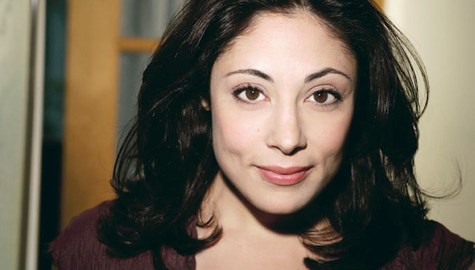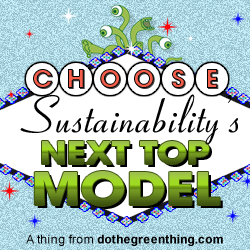Najla Said Explores Her Identity

Actress and playwright Najla Said says that while growing up in New York—despite being the daughter of Palestinian-American literary theorist Edward Said—she never really identified as Arab-American. “I didn’t seem to understand how I fit in with the vision of an Arab that I saw on TV and in the news and in movies,” she says. “And then again, I didn’t feel like I had any identification with what was I was being told was an Arab-American. … So I didn’t really understand what this idea of being either, I wasn’t Arab, and I wasn’t fully American, but I somehow didn’t feel like I was Arab-American.”
In her recent Big Think interview, Said talks at length about her one-woman show “Palestine,” which debuted earlier this year Off Broadway. The coming-of-age story filters the issues of the Mideast conflict through her own memories from growing up—including her battle with anorexia and the death of her father. Said says her time on stage, and practicing for the play, was a kind of therapy, allowing her to revisit places from her past. “I think what happened ultimately was that I began to feel like my father was on stage with me for the duration of the performance,” she said.
Said also describes how her background has given her a desire to see people’s identities as more than just their religion. “I really, really try to maintain a humanist perspective and just, each person who interacts with me is a human being and they are the sum of all of the things that they represent,” she says. “You know, that their country, their religion, their… you know, their mother’s hair color, whatever it is, they represent many, many different things, not one.”
And the playwright says she doesn’t think the Mideast conflict between Israel and Palestine is an issue over religion or land—rather it’s simply an issue of human rights. “It’s not about Arabs hating Jews and Jews hating Arabs, and Muslims hating Jews and Jews hating Muslims,” she says, “it’s about the struggle for equality in human rights, that’s it, that’s what it’s about. What the solution is? I’m not really sure.”





